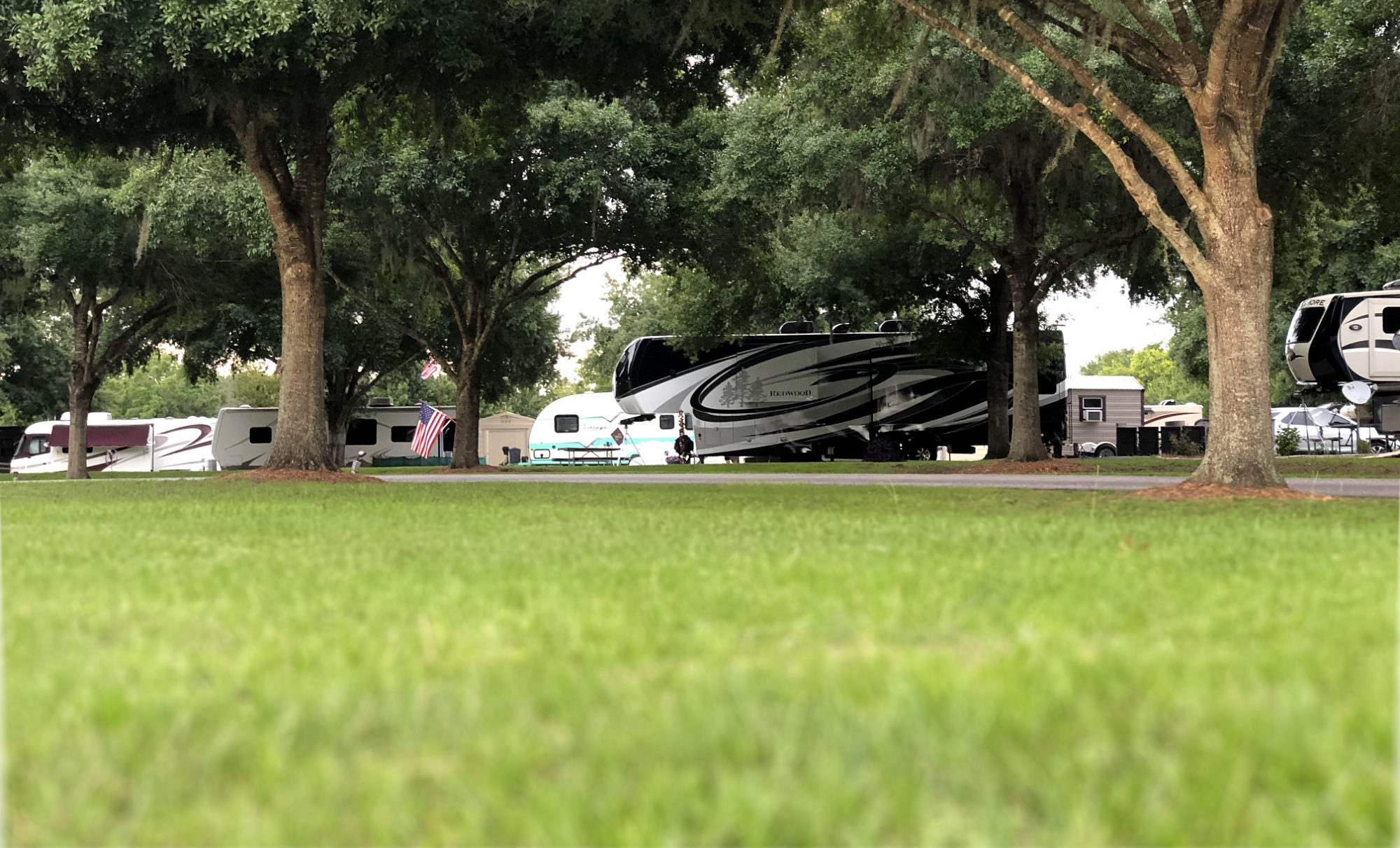Trying to determine how big of a solar setup for your RV can become a difficult task in a very short time but if you start asking the right questions there is an effective fun way to come to a practical number. The video above will help you through the thought process and walk you through it and this will help as an outline and where you can find the resources.
The first question is: How much power do I plan to use?
I think the best way to find this number out and give you a practical way to learn what devices use and how to streamline your power usage is to go out and use your RV. When you can connect to power and use a meter you will get a very practical number to how much you use devices and some of the numbers might shock you into making a change and can be fun in the process. To keep the numbers honest be sure to:
#1. Use The Water Pump.
#2. Make Sure Your Batteries are Already Charged.
#3. And Check What Type Of Converter You Have.
 You can use a meter like the Power WatchDog and is a great Surge protector if you need one or you can use
You can use a meter like the Power WatchDog and is a great Surge protector if you need one or you can use
The Kill-A-Watt meter if you are planning on a small system with a small inverter. With the Kill-A-Watt you will be limited to 15 amps which puts you in the ballpark of 1800 watts max and 1440 Watts Continuous.
 The test should go for a full day of 24 hours. The KWH reading you get for the day can be used in the PDF here to help you see how many amp hours that equates to.
The test should go for a full day of 24 hours. The KWH reading you get for the day can be used in the PDF here to help you see how many amp hours that equates to.
Once you know how many amp hours you need in a day you can plan your Solar panel watts on replenishing that power in a day. A helpful website for finding out how much your panels would produce for a location and time is https://pvwatts.nrel.gov/ This way you can plan your size of panels around where you like to go and when. If you need a generic number to get started on average a 100 watt solar panel will produce 30 amp hours for your battery bank. I hope this will help you plan a setup that will work for you and in the simplest way possible while learning how you are using your RV Electrical. 


